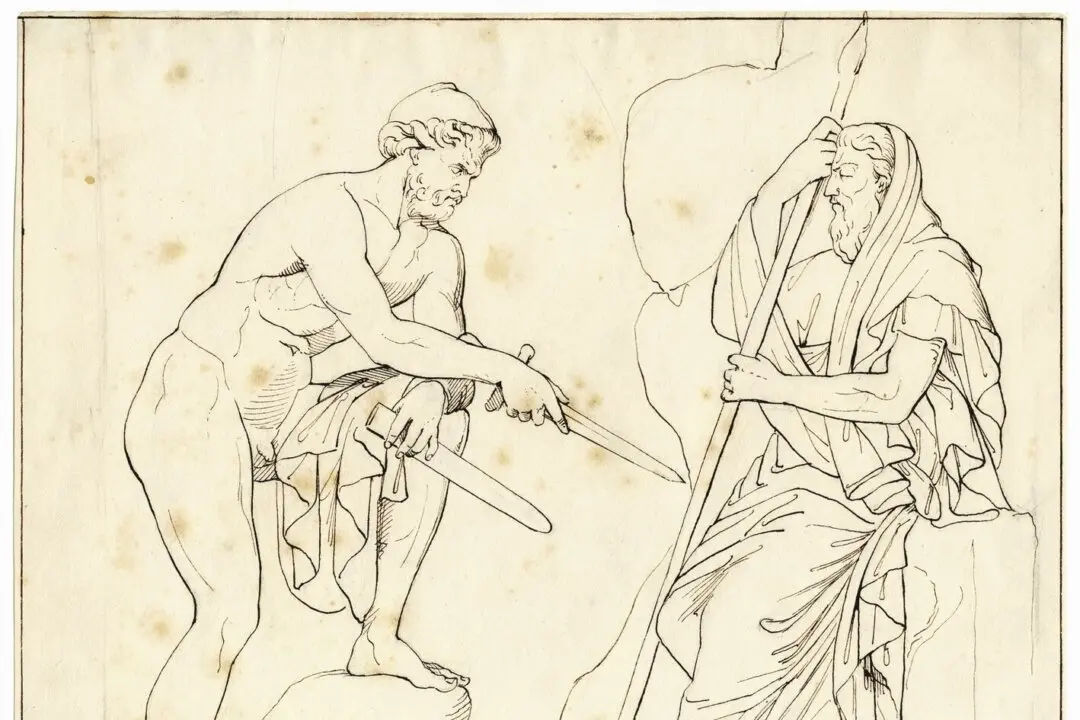The recent presidential debates have renewed interest in rhetoric. Defined by Merriam Webster as “the art of speaking or writing effectively,” the systematic practice of rhetoric began in ancient Greece, where naturally gifted orators used their speaking skills to defend clients in court. As rhetoric turned from a tool for legal defense to an educational endeavor for broader swaths of professionals, rhetoricians received both praise and blame for teaching how to manipulate emotions and opinions through speech.
In one of the most popular ancient texts on the art of rhetoric—“De Oratore”—the Roman statesman Cicero paints a picture of the “ideal orator.” What are the most important traits of a good speaker? How can the powerful tool of oratory be used for good? Cicero’s answers are as timely as ever.






